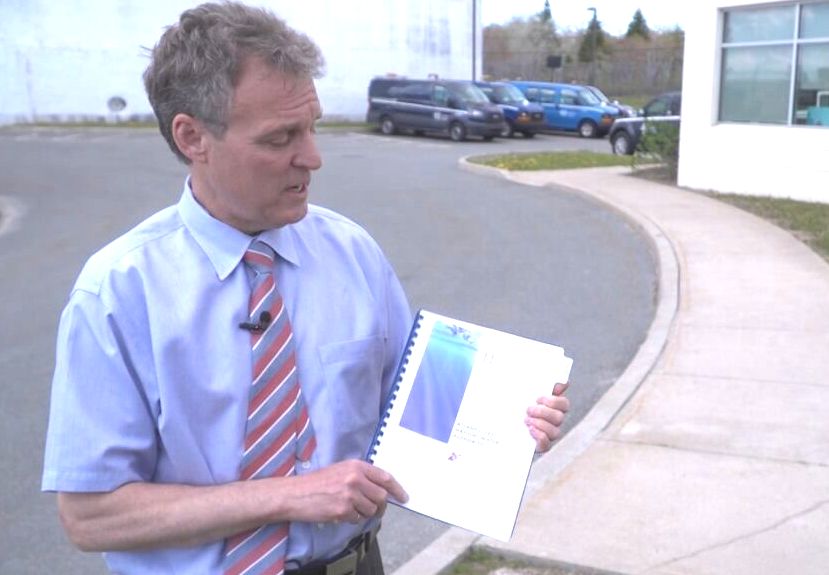As the Chief Executive Officer of the Atlantic First Nations Water Authority, Carl Yates is leading an organization that has made history as the first Indigenous water utility in Canada.
In June 2020, Indigenous Services Canada and the Atlantic First Nations Water Authority (AFNWA) signed a framework agreement to transfer responsibility for water and wastewater service delivery from the ministry to the new authority.
“We’ve been on a rocket ride ever since!” says Yates.
Once the transfer is complete, the AFNWA will be responsible for water and wastewater services for as many as 4,500 households and businesses in 19 participating First Nations. This represents approximately 60 per cent of the on-reserve population of First Nation communities in Atlantic Canada.
With a service approach based on social, economic and environmental outcomes, the AFNWA will be responsible for the operation, maintenance, and capital upgrades of all water and wastewater assets in participating First Nations.
The authority has been collaborating with the First Nations Infrastructure Institute (FNII) and Paqtnkek Mi’kmaw Nation in Nova Scotia on water and wastewater infrastructure planning for new residential and commercial development. Yates says FNII’s approach is well aligned with that of the authority.
“Our utility could represent up to 19 communities, and all of a sudden we become more than the sum of our parts,” he says. “We’ve got resources now that we can collectively bring to bear for all the communities. FNII approaches [its work] in the same way.”
Yates says infrastructure development entails three key elements: financing, planning, and engineering.
“[FNII] brings not only good engineering support, but that good planning background too, that must come together. And then we layer around the finance.”
Yates says long-term funding is key to ensuring the sustainability of First Nations infrastructure, something the authority has accomplished by getting a federal commitment for $257 million over 10 years, for operations and capital work.
Another aspect of sustainability is developing an Indigenous approach to infrastructure development. The authority, for example, is applying First Nations traditional knowledge and culture, emphasizing environmental stewardship, the spiritual aspects of water, and two-eyed seeing.
One of the authority’s Elder advisors, Albert Marshall Sr., says two-eyed seeing is an approach to see from one eye with the strengths of Indigenous ways of knowing, and to see from the other eye with the strengths of Western ways of knowing, and to use both eyes together.
To ensure the AFNWA always aligns with First Nations values, culture and knowledge, Elders guide the Board through an Elders Advisory Lodge made up of five Elders from throughout the Atlantic region.
“We look forward to their advice and wisdom along our journey,” says Yates. It’s a journey that will be a long one but that doesn’t faze him.
“We know we’ve got a lot of work to do but we have a good plan and we will [execute] it methodically and utilizing good risk management practice. So, we will certainly over time improve the infrastructure and the levels of service and thereby lower the risk and the liability for all.”
To learn more about the Atlantic First Nations Water Authority, listen to the FNII’s podcast interview with Carl Yates.
Photo caption: Carl Yates holds the five-year plan for the Atlantic First Nations Water Authority. (Courtesy of Nic Meloney/CBC).

